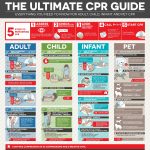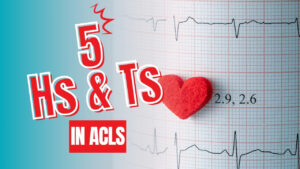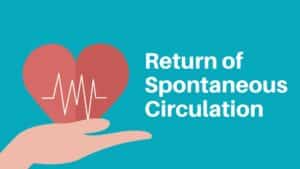Having many conflicting health reports can sometimes leave us baffled as to the right decisions to make with regards to keeping our bodies healthy. Drinking alcohol has always been controversial. The American Heart Association answers many questions regarding the risks of drinking alcohol. They also offer recommendations regarding the safe amount of alcohol to consume and any real health benefits to alcohol consumption.
The risks associated with drinking too much alcohol are well documented. It raises a person’s triglycerides and can lead to high blood pressure, and heart failure. Alcohol is high in calories and can contribute to obesity and diabetes. Of course, over indulging in alcohol can lead to alcoholism, stroke, cardiac arrhythmia, sudden cardiac death, and cancer. Not to mention the dangers of suicide and accidents which have been directly linked to drinking excessive amounts of alcohol.
The American Heart Association recommends that you drink alcohol in moderation; which means an average “of one to two drinks per day for men and one drink per day for women. A drink is one 12 oz. beer, 4 oz. of wine, 1.5 oz. of 80-proof spirits, or 1 oz. of 100-proof spirits.”
As for the benefits of drinking red wine, many scientific journals have touted that red wine may be associated with reduced mortality due to heart disease. The component in red wine called flavonoids and other antioxidants may reduce heart disease risks. However, it is important to note “No direct comparison trials have been done to determine the specific effect of wine or other alcohol on the risk of developing heart disease or stroke.”
And because of this, the American Heart Association does not recommend that a person consume wine or any other type of alcohol to gain the potential health benefits. Lowering your blood pressure and cholesterol by maintaining a healthy weight, staying physically fit and incorporating a diet rich in fruits and vegetables and low in saturated fats are all measures that people should, with the advice and approval of their physician, use to lower their risk of heart disease.
“There is no scientific proof that drinking wine or any other alcoholic beverage can replace these conventional measures.”
Even with all the studies that seem to change daily, the best advice will always be the same: stay active, eat healthy and drink alcohol in moderation.
http://www.americanheart.org/presenter.jhtml?identifier=4422









